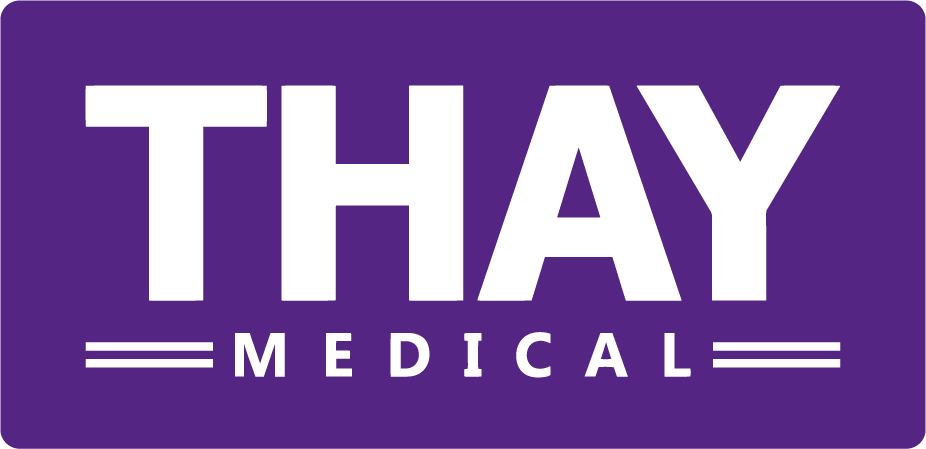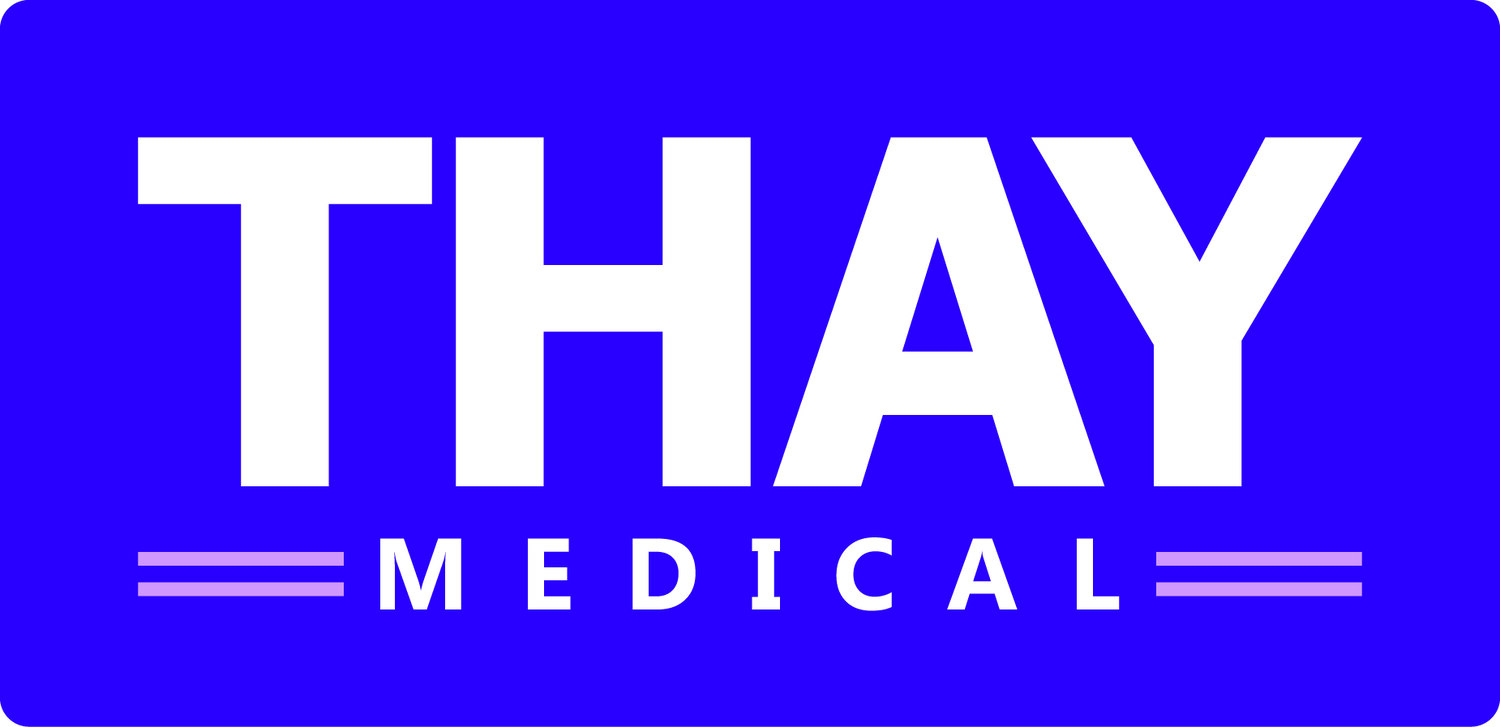THAY Medical excels in Spain!
Recently, some of the THAY Medical Human Factors team conducted a Summative Evaluation of a medical device designed to be used during surgery. Whilst this activity should be expected and typical in medical device development, for THAY Medical it was our first to be performed completely in Spanish, with our Spanish HF team and for a Spanish customer – adding to our European capabilities.
So, what did we evaluate? Who participated? What did we do? How did it go? Many aspects are confidential but, in this post, we will go through some details about this Spanish experience!
The Device Design:
The device was a surgical medical system which permits a potentially lifesaving treatment after specific surgeries. To evaluate this system, we had to collaboratively determine the use scenarios that had the potential for harm with our client (the manufacturer) and develop the system compliantly to the IEC/ISO 62366-1 Usability Engineering standard, the latest UK MHRA guidance for Human Factors and Usability Engineering, the EU Medical Device Regulation (MDR) and other regulations, directives, and standards. The purpose was to ensure the maximum amount of use safety and efficiency was able to be incorporated into the system and proven in this Summative Evaluation.
The Representative Participants:
The participants were fifteen specialist Healthcare Professionals who travelled to the study location in Madrid from all over Spain, with some participants even flying to the study site. Each participant was performing life-like treatment during a 1.5-hour session. All participants were happy with their inclusion in the study!
The Simulated Use Environment:
The simulated use environment was an Operating Theatre (also known as an Operating Room). However, THAY Medical and the manufacturer went the extra mile to simulate the real-life situation with as much fidelity to ensure the gap between reality and simulation was minimal. Not only did we use the usual simulation techniques, such as replicating a sterile and non-sterile zone or following the real-life positions of the machines and equipment, but the use environment also included all ancillary connections to and from a simulated patient (mannequin). An actor representing a consultant / surgeon role, music to replicate a typical Operating Theatre environment, and even a simulated patient with life-like treatment reactions (treatment characteristics could be visible in the simulated body). All to ensure the realism was optimal. It was felt that this simulation was realistic by all participants.
The Outcome:
The tight schedule and the participants travelling to the location, specifically for the Summative Evaluation, added a fair amount of pressure to the whole team. Regardless, the study was a success! The Summative Evaluation was completed within an intense week with only one drop-out among participants which was promptly substituted by a back-up. We all know Healthcare Professionals are often called in to perform extra shifts and days at work so this was expected.
From a manufacturer perspective, the use safety and effectiveness has now been determined – and the result positive in this respect. Of course, no medical device is perfect in its intended use, but being close is not such a bad thing, as it shows it has been designed and developed with the user(s) in mind, with safety as a primary focus. This was an enjoyable Summative Evaluation for the Spanish team to focus on!
Why is it so Important?
In Southern European countries, the number of significantly innovative medical devices and pharmaceutical companies is growing – a lot of medical device development is taking place currently in Spain, Portugal, Italy, Greece, Israel and Turkey. For Human Factors Engineering, the possibility to perform a Usability or Human Factors study where a medical device is most used or where it is developed makes the outcomes more reliable and ensuring the prediction of safe use is more accurate.
This Summative Evaluation was proof of the capability of THAY Medical in Spain, where we plan to continue to perform Usability and Human Factors studies (and continue in Italy) increasing our services scope. Our experience helps our valued customers to develop and design better, safer, and more usable medical devices – and we love to be part of this!
If you wish to know more about our Human Factors and Usability Engineering services in Spain, Italy and elsewhere globally, please do not hesitate to contact us.
From the team and THAY Medical.

